"Arguing the World"
October 14, 2010
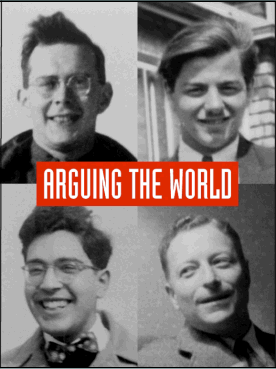 They were four secular Jews with New York roots and New York attitudes. They were idealists with clashing ideals. They were thinkers, but more than that, they were talkers. "I couldn't imagine the decibel level these guys would reach," says former democratic activist Tom Hayden in the documentary Arguing the World, about the New York Intellectuals Irving Howe, Daniel Bell, Nathan Glazer, and Irving Kristol. They were four secular Jews with New York roots and New York attitudes. They were idealists with clashing ideals. They were thinkers, but more than that, they were talkers. "I couldn't imagine the decibel level these guys would reach," says former democratic activist Tom Hayden in the documentary Arguing the World, about the New York Intellectuals Irving Howe, Daniel Bell, Nathan Glazer, and Irving Kristol.
As young men, they traded religion for the capital-letter -isms of their era: Marxism, Stalinism, anti-Stalinism, and, later, Neo-Conservatism. As explored in the film and panel discussion to follow, this group of four "argued about everything,” and left an indelible impact on 20th century American politics by viewing it “through the eyes of 1st generation immigrant Jews.”
Freud, Secularism, and Jewish History
October 25, 2010
From the Id to the unconscious to “freudian slips,” Freud and psychoanalysis have exerted a pervasive influence on modern life. And as a staunchly secular Jew, Freud remains a highly significant figure in the history of Jewish secularism. On October 25, The New School’s Jewish Cultural Studies program hosted “Freud, Secularism, and Jewish History,”a public panel where scholars discussed Freud’s legacy as both a modern thinker and a modern Jew. Key points of interest included Freud’s contributions to secularism, his impact on secular Jewish history, and his role as a secular Jewish thinker.
University for a Day on Jewish Secularism
March 12, 2011
Attended by nearly 200 participants, University for a Day brought together a select group of scholars from throughout the U.S. and Israel to offer a day-long series of mini-courses on Jewish Secularism. Dr. David Biale, recipient of the 2011 UC–Davis Prize for Undergraduate Teaching and Scholarly Achievement, gave the keynote address: Not in the Heavens: The Premodern Roots of Jewish Secularism. Following Dr. Biale was Dr. Naomi Seidman (Graduate Theological Union), who discussed Secularization and Sexuality, and Elliot Ratzman (Temple University), who presented Jewtopias! The Jewish Romance with Communism, Zionism, and America. Other mini-courses included Seinfeld–A Secular Jewish Icon, Jewish Folklore as a Venue for Jewish Culture, Global Secular Jewish Societies, and Freud, Psychoanalysis, and the Secular Subject. (Links to video below.)
Keynote
"Not in the Heavens:
The Premodern Roots of Jewish Secularism"
Professor David Biale
|
Secularization and Sexuality
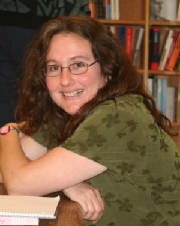 Professor Naomi Seidman
Professor Naomi Seidman
|
Jewtopias! The Jewish Romance
with Communism, Zionism, and America
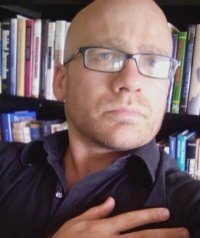
Professor Elliot Ratzman
|
Seinfeld–
A Secular Jewish Icon
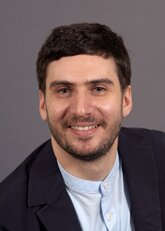
Professor Ted Merwin
|
Jewish Folklore as a Venue
for Secular Jewish Culture
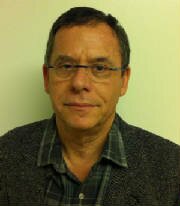
Professor Eli Yassif
|
Professor Caryn Aviv
|

|
 |
Conference on the 150th Anniversary of the
Birth of Simon Dubnow
October 24, 2010
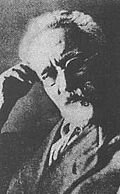 Simon Dubnow's contributions as a secular Jewish intellectual, historian of Eastern European Jewry, and founding member of YIVO were explored during YIVO's Simon Dubnow conference, marking the 150th anniversary of his birth. What is Dubnow's legacy today? Dubnow was "a representative of his time," according to Dubnow’s biographer Professor Robert Seltzer, who gave the keynote address at the conference. Moreover, Dubnow was one of the founders of the academic discipline of Jewish history and one of the great theorists of Jewish culture. Born into a religious household at the onset of the European Enlightenment, Dubnow came to espouse what he called the "New Judaism"-a concept of a Jewish identity and Jewish culture based on secular Jewish nationalism, rather than religious observance. Simon Dubnow's contributions as a secular Jewish intellectual, historian of Eastern European Jewry, and founding member of YIVO were explored during YIVO's Simon Dubnow conference, marking the 150th anniversary of his birth. What is Dubnow's legacy today? Dubnow was "a representative of his time," according to Dubnow’s biographer Professor Robert Seltzer, who gave the keynote address at the conference. Moreover, Dubnow was one of the founders of the academic discipline of Jewish history and one of the great theorists of Jewish culture. Born into a religious household at the onset of the European Enlightenment, Dubnow came to espouse what he called the "New Judaism"-a concept of a Jewish identity and Jewish culture based on secular Jewish nationalism, rather than religious observance.
This event was co-sponsored by The Posen Foundation and Hunter College.
The Art of Kvetch: Jewish Humor as Secularism
April 27, 2011 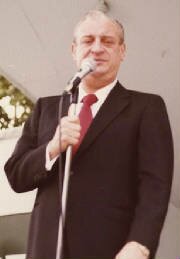
Everyone, it seems, can enjoy a good kvetch. How else to explain the success of kvetchologist Michael Wex's unlikely bestseller, Born to Kvetch, or for that matter, the serial kvetchings of Jewish comics from Jerry Seinfeld to Rodney "I don't get no respect" Dangerfield?
Well, now we may have some answers. The Art of Kvetch: Jewish Humor as Secularism was hosted by The New School's Jewish Cultural Studies program, and took a close look at this secular Jewish art form. Among the panelists, who deconstructed the kvetch and no doubt brought his own punchlines: Michael Wex himself.
Secular Jewish Culture/ Radical Poetic Practice
September 21, 2004
“What are the innovations and inventions of American Jewish poets over the past century?”
This is one of the leading questions that six writers and scholars set out to explore at “Secular Jewish Culture/Radical Poetic Practice,” held at the Center for Jewish History in the summer of 2004. 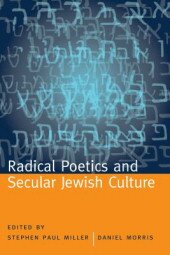
The symposium that would become “Secular Jewish Culture” began with an invitation. In 2003, the American Jewish Historical Society asked Stephen Paul Miller—poet and professor of English at St. John’s University—to host a poetry event. Miller sought a dynamic topic—one that would generate discussion. When Miller posed the problem of coming up with a rich, meaningful theme to Charles Bernstein—a renowned poet and the Regan Professor of English and Comparative Literature at University of Pennsylvania—Bernstein proposed an event that would stress the “secular.” He seemed to have seen a need and was responding to it. Conservative and fundamentalist coalitions were dominating political and religious discourse; Bernstein’s event was meant to serve as an alternative. The result was “Secular Jewish Culture/ Radical Poetic Practice.”
An Enlightened Age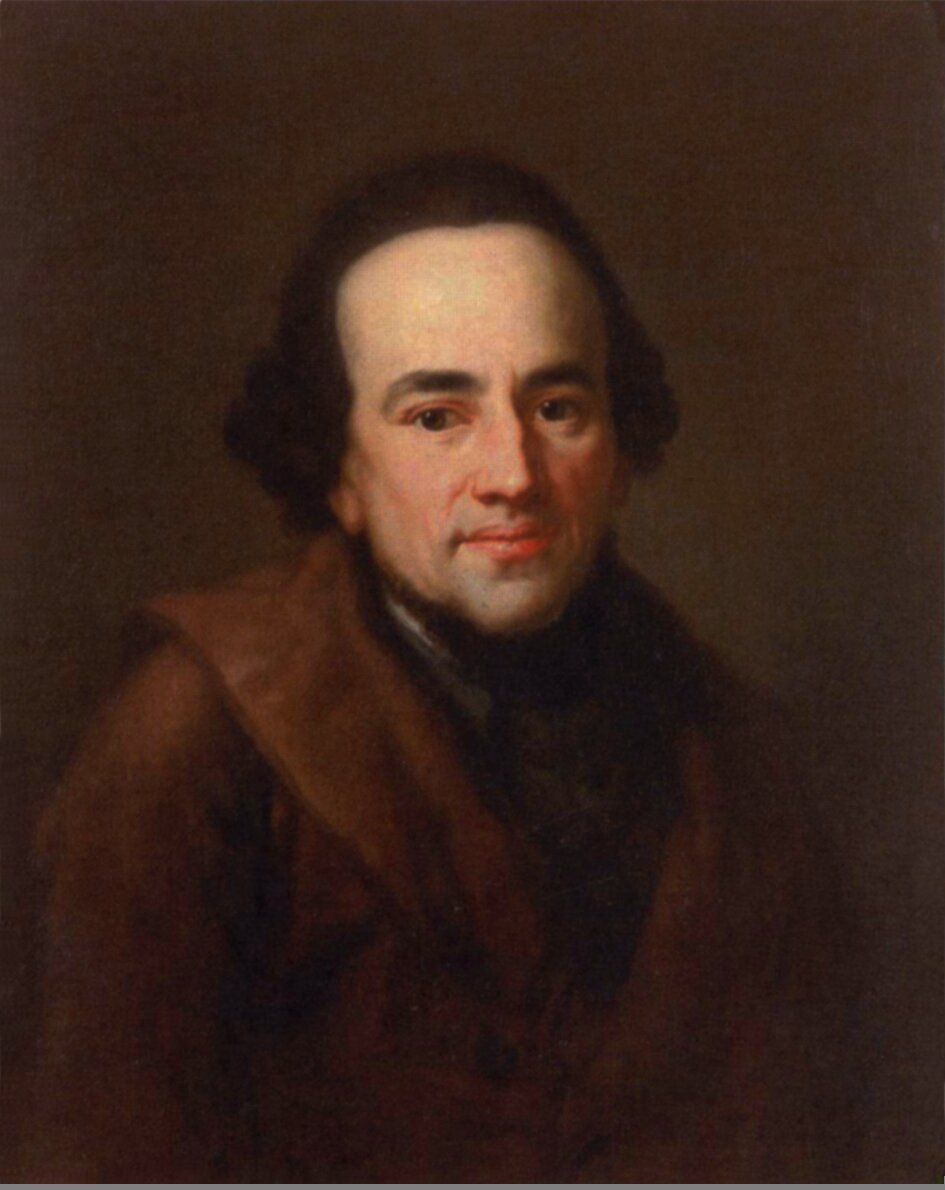
September 18, 2011
In 1783, Moses Mendelssohn published Jerusalem. Jewry hasn’t been the same, since.
A crucial figure in the Haskalah, or Jewish Enlightenment, Mendelssohn’s book initiated a conversation about church, state, and Judaism that continues to be a source of contention and inspiration for Jews today--secular and religious, alike. A Continuing Conversation: Moses Mendelssohn and the Enlightenment, a symposium hosted by the Center for Jewish History in New York, will gather a group of internationally renowned scholars of Jewish Studies to discuss and debate Mendelssohn’s legacy. According to the CJH, the symposium will “highlight recent scholarship related to contemporary issues in religion, secularism, politics, culture, language and identity.”

|

 They were four secular Jews with New York roots and New York attitudes. They were idealists with clashing ideals. They were thinkers, but more than that, they were talkers. "I couldn't imagine the decibel level these guys would reach," says former democratic activist Tom Hayden in the documentary Arguing the World, about the New York Intellectuals Irving Howe, Daniel Bell, Nathan Glazer, and Irving Kristol.
They were four secular Jews with New York roots and New York attitudes. They were idealists with clashing ideals. They were thinkers, but more than that, they were talkers. "I couldn't imagine the decibel level these guys would reach," says former democratic activist Tom Hayden in the documentary Arguing the World, about the New York Intellectuals Irving Howe, Daniel Bell, Nathan Glazer, and Irving Kristol.
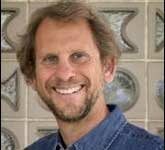



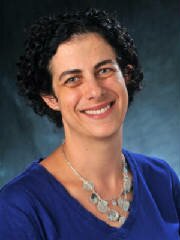
 Simon Dubnow's contributions as a secular Jewish intellectual, historian of Eastern European Jewry, and founding member of YIVO were explored during YIVO's Simon Dubnow conference, marking the 150th anniversary of his birth. What is Dubnow's legacy today? Dubnow was "a representative of his time," according to Dubnow’s biographer Professor Robert Seltzer, who gave the keynote address at the conference. Moreover, Dubnow was one of the founders of the academic discipline of Jewish history and one of the great theorists of Jewish culture. Born into a religious household at the onset of the European Enlightenment, Dubnow came to espouse what he called the "New Judaism"-a concept of a Jewish identity and Jewish culture based on secular Jewish nationalism, rather than religious observance.
Simon Dubnow's contributions as a secular Jewish intellectual, historian of Eastern European Jewry, and founding member of YIVO were explored during YIVO's Simon Dubnow conference, marking the 150th anniversary of his birth. What is Dubnow's legacy today? Dubnow was "a representative of his time," according to Dubnow’s biographer Professor Robert Seltzer, who gave the keynote address at the conference. Moreover, Dubnow was one of the founders of the academic discipline of Jewish history and one of the great theorists of Jewish culture. Born into a religious household at the onset of the European Enlightenment, Dubnow came to espouse what he called the "New Judaism"-a concept of a Jewish identity and Jewish culture based on secular Jewish nationalism, rather than religious observance.




